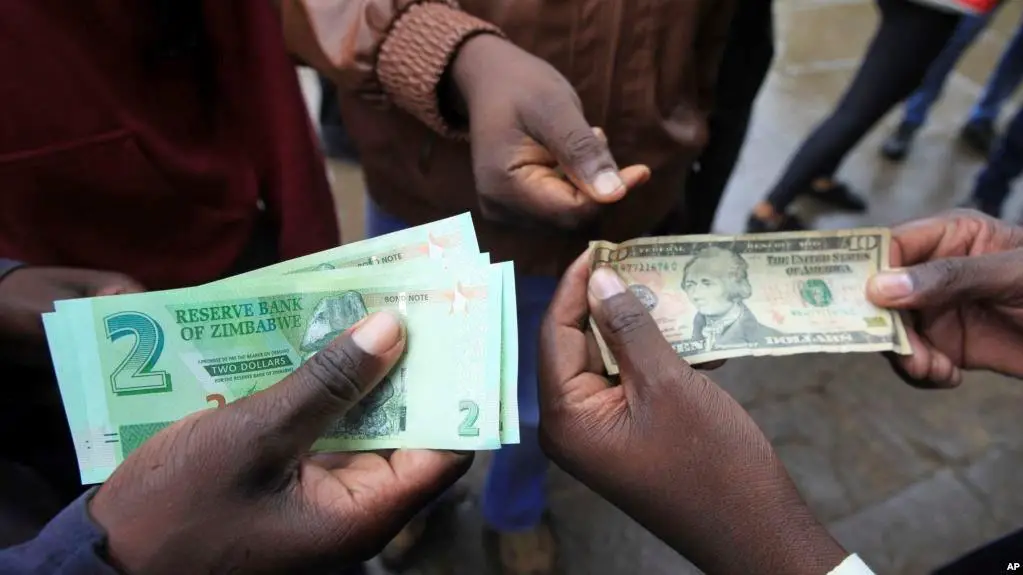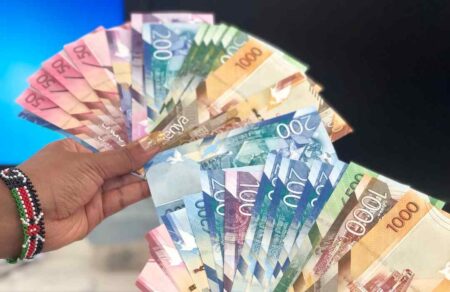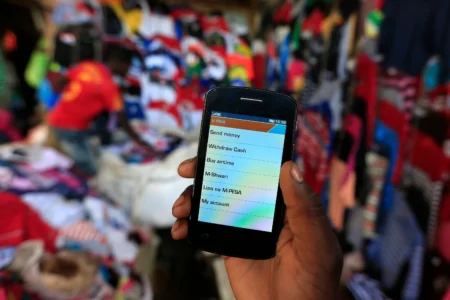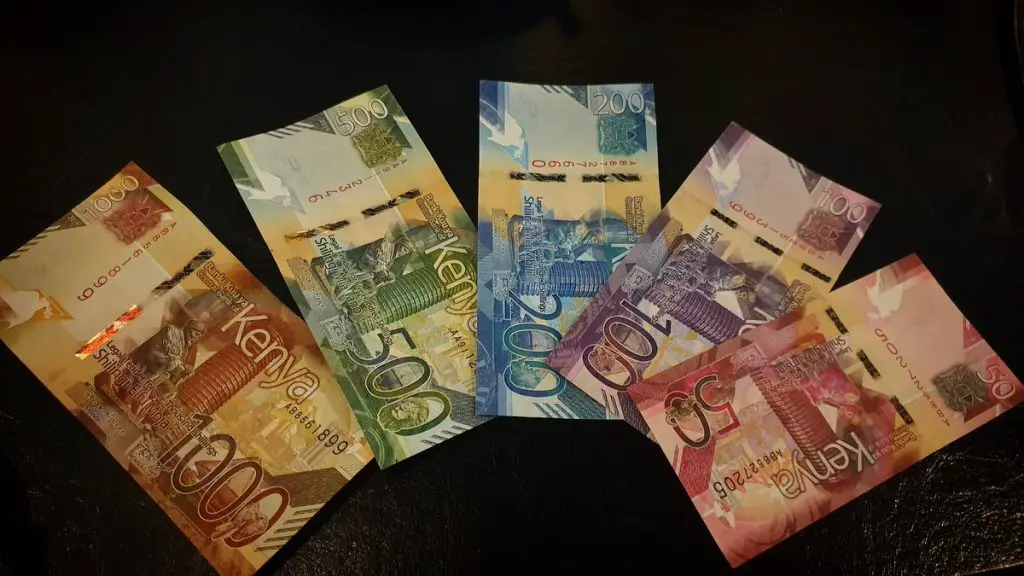- In 2020, the annual inflation rate averaged 622.8 per cent, up from 226.9 per cent in 2019.
- Zimbabwe’s GDP shrunk by nearly 11 per cent in 2019-20 due to the pandemic, typhoon Idai and lengthy drought.
- In 2021, economic activity is predicted to revive, with real GDP expected to grow by roughly 6 per cent.
Zimbabwe is befuddled by challenges to its economy which has been in turmoil for almost two decades now.
This collapse is threatening to obliterate the Southern Africa nation since the woes are continually mutating. The latest are power blackouts which the country’s utility company has imposed. This has led to a crippling load shedding schedule lasting up to 12 hours a day which is badly affecting businesses.
Even though Zimbabwe’s GDP was in bad shape even before the Covid-19 pandemic struck, the 6 per cent decline in 2019 was just the tip of the iceberg.
Economic instability and the withdrawal of subsidies on maize meal, gasoline, and power prices, as well as the suppression of foreign exchange gains and excessive money creation, all contributed to the decline.
Then, Covid–19 and drought caused a 10 per cent fall in real GDP in 2020, according to various forecasts.
Read: Zimbabwe’s power cuts sound death knell for struggling economy
Over the course of 2020, the annual inflation rate averaged 622.8 per cent, up from 226.9 per cent in 2019.
In July 2020, the government implemented some foreign exchange changes which slowed the annual inflation rate to 838 per cent. However, the year-to-date fiscal and current account deficits both worsened after July.
This year’s current account surplus was replaced by a deficit of 1.8 per cent of GDP and a budget deficit of 2.9 per cent in 2020, respectively.
A depreciation of ZWL2.5 to the US dollar was recorded in February 2019 before stabilizing at ZWL82 in December 2020. Unemployment remained high in 2019 at over 21 per cent, with poverty at 70.5 per cent and unemployment at 70.5 per cent respectively.
Currently, the banking sector is sound.
Credit expansion is possible for banks. The loan-to-deposit ratio in 2020 was 38.8 per cent, compared to the benchmark of 70 per cent. There is a 3.23 per cent of non-performing loans in the system, which is substantially below the statutory standard of 5 per cent. More than three times the regulatory capital adequacy ratio of 12 per cent.
And now, the Southern African nation’s economy is looking up going by the latest report from the International Monetary Fund (IMF).
Following meetings in the context of the 2021 Article IV consultation from October 25 to November 16, 2021, an IMF staff team led by Dhaneshwar Ghura, Mission Chief for Zimbabwe, noted some improvements.
Ghura said that the government’s quick response to the Covid-19 epidemic, including containment measures and assistance to vulnerable households and businesses, helped limit its negative impact.
Nonetheless, the epidemic had a significant impact on the economic and humanitarian situation.
The combined effects of the epidemic, typhoon Idai, a lengthy drought, and weakening policy buffers caused Zimbabwe’s GDP to shrink by nearly 11 per cent in 2019-20. Following a major wave in June-August 2021, Covid-19 infection rates have drastically dropped, lockdown measures have been eased, and the vaccination effort is still ongoing.
In 2021, economic activity is predicted to revive, with real GDP expected to grow by roughly 6 per cent, owing to bumper agricultural output, higher mining and energy production, robust building and manufacturing activity, and enhanced infrastructure investment. However, uncertainty remains high, and the forecast will be determined by the pandemic’s evolution, which will be exacerbated by the economy’s vulnerability to climate shocks, as well as the execution of sustainable policies.
The IMF notes that policy initiatives such as reduced budget deficits and reserve money growth, higher monetary policy rates, and greater flexibility in the RBZ auction exchange rate are all steps in the right direction.
IMF adds that immediate action is required to secure economic stabilization gains and speed reforms.
Read: Pandemic is Africa’s golden digital opportunity
The near-term macroeconomic imperative is to keep fiscal, exchange rate, and monetary policy closely coordinated. Allowing greater official exchange rate flexibility and addressing FX market distortions, accompanied by an appropriate monetary stance; creating fiscal space for critical spending while containing fiscal deficits; implementing growth-enhancing structural and governance reforms; and continuing to improve data transparency are key priorities in this context.
These reforms are critical for strengthening the business climate and decreasing government risks, resulting in higher sustained and inclusive growth. To that purpose, the authorities’ 2021-25 National Development Strategy 1 strategy and policies are appropriate and must be properly operationalized and implemented.
Long-term macroeconomic stability and structural changes would aid recovery and Zimbabwe’s development goals.
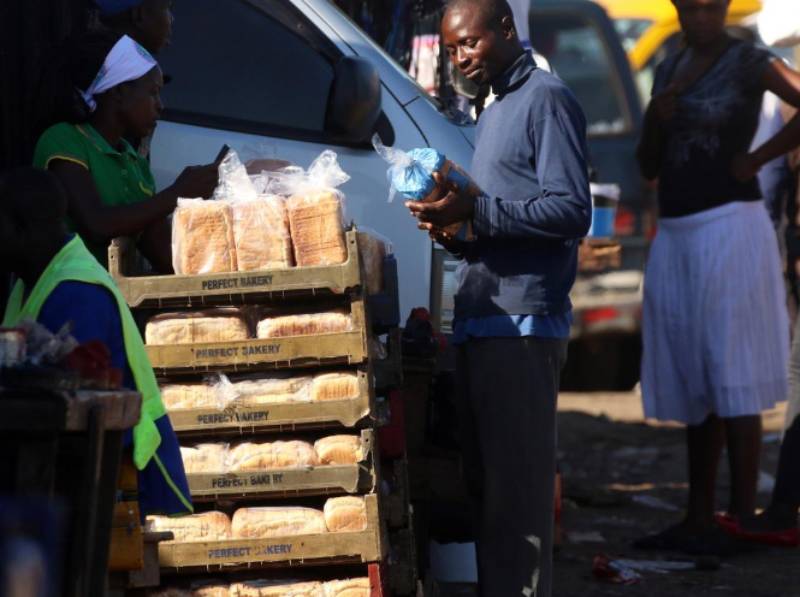
The mission also noted that the government’s plans to use the recently allocated SDRs to assist spending in the social, productive, and infrastructural sectors, as well as to establish reserve buffers were helpful.
In this context, the SDR allocation should not be used to replace key reforms, should be spent on priority areas within a medium-term plan, and should adhere to strong governance and transparency principles.
Zimbabwe has been a Fund member in good standing since late 2016 when it settled its outstanding arrears to the PRGT.
The Fund engages in close policy discussion with the authorities and provides considerable technical assistance in economic governance, fiscal policy and revenue administration, banking sector reforms, and macroeconomic statistics. The IMF, on the other hand, is unable to provide financial assistance to Zimbabwe due to unsustainable debt and public external arrears.
A financial arrangement with the Fund would necessitate a clear path to a comprehensive restructuring of Zimbabwe’s external debt, including the clearing of arrears and obtaining financing assurances from creditors; a reform plan consistent with macroeconomic stability, sustainable growth, and poverty reduction; a strengthening of the social safety net; and governance and transparency reforms.
In order to re-engage with the international community, the authorities devised an Arrears Clearance, Debt Relief, and Restructuring policy and resumed token payments on external arrears.
The IMF staff met with Prof. Mthuli Ncube, his Permanent Secretary George Guvamatanga, Reserve Bank of Zimbabwe Governor Dr. John Mangudya, other senior government and RBZ officials, members of Parliament, private sector and civil society representatives and Zimbabwe’s development partners.
Read: Sudan: African Development Bank Group approves proposal to clear $413 million arrears





